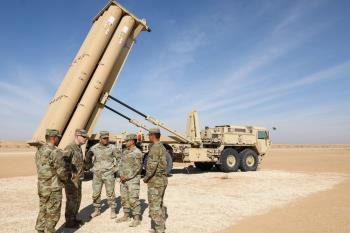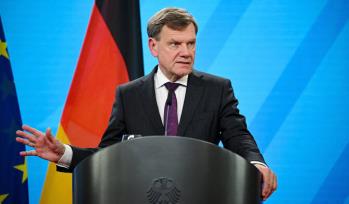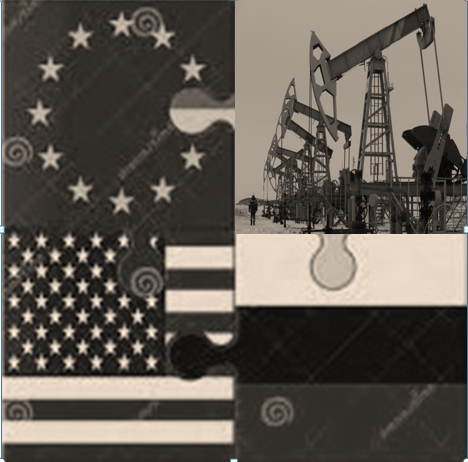Alwaght-The main disputes between Washington and Moscow, which back to the third millennium, have appeared clearly in the last few years. However, Libya's crisis and the operational attack by the NATO to this country have trespassed all the international laws. This has resulted in making the disputes more prominent until it has reached the balance of power. Beyond this, the western interference in Ukraine has given them the excuse for the US to impose sanctions against Russia, in the context of confrontation. The factor in laying down the sanctions by the European Union and the US against Russia, on several stages, has political and economic aspects, which is accelerating the mental load on Moscow .
In the same context, the main issue is as the West can issue sanctions, Russia can change these sanctions into opportunities; likewise, and thus causing crises to other countries. In addition, the European states' situation is worse than that in the US. First, the geographical distance between the US and Russia is one of the factors, where the European Union is closer – especially security and politically speaking. For this reason, the influence of the security crises on the Western borders of the European Union is more profound. This results in its exposure to diverse challenges. The European Union's point of view of the International Regime such as the US and Russia is not security in nature; rather, it is political and economic one. Second, the US lacks the enormous economical communication with Russia, where it will not be largely affected by the sanctions. This is also true for the rest of the anti-oppression states, regarding the other American sanctions .
However, after the World War II and the implementation of marshal project, the European Union is still incapable of deflecting its independence in its international approaches from that of the American one. Despite their economic losses, the EU remains docile to the American policies. On the other hand, regarding the growing sense of the political and economic independence – especially Germany, the American sanction war against Russia will be able to isolate the European Union from the US, at least politically and economic. Otherwise, the European Union will be the victim of the Washington-Moscow "extension of power" quarrel .
The other issue is that Russia has built an Empire of Energy on the borders with the European Union which the latter needs pretty much, to the extent that some describe Russia as the "European Union's Gas Station". For instance, statistics by the "Energy Information Administration" declared that the Russian Gas and Oil Exports to Europe in the year 2012 was 70 percent. The greater percentage of these exports is to the wealthy Western European countries, which are facing many problems in energy production. Despite that, the European Union, during the past few years, was trying to decrease this dependence; they could not reach a solution to this situation. The only real solution is NABUCCO project, which has faced many problems due to the special Russian policies in the West Asia, as well as, the clear American policies in the West Asia .
Therefore, we can conclude that in the context of the present dispute between the US and Russia on the "Throne of Power," the European Union - which lacks the independence of methodology internationally, especially in the economic and military aspects - follows the American sanctions policies in the face of the anti-oppression states. Undoubtedly, this adherence will result in great losses for the European Union, especially economically. It might also lead to crises. The EU is stuck between a rock and a hard place, i.e., the political and security dispute on one hand and the American sanctions on the other. It is now standing on the verge of two ways. Will it remain living with the American sanctions? Alternatively, after the elapse of 70 years since the World War II, it will take an independent methodology form the American policies. Both of these options put the European Union in different situations, unless it convinced the US to decrease the pressure on the EU by decreasing the sanctions on Russia.



























